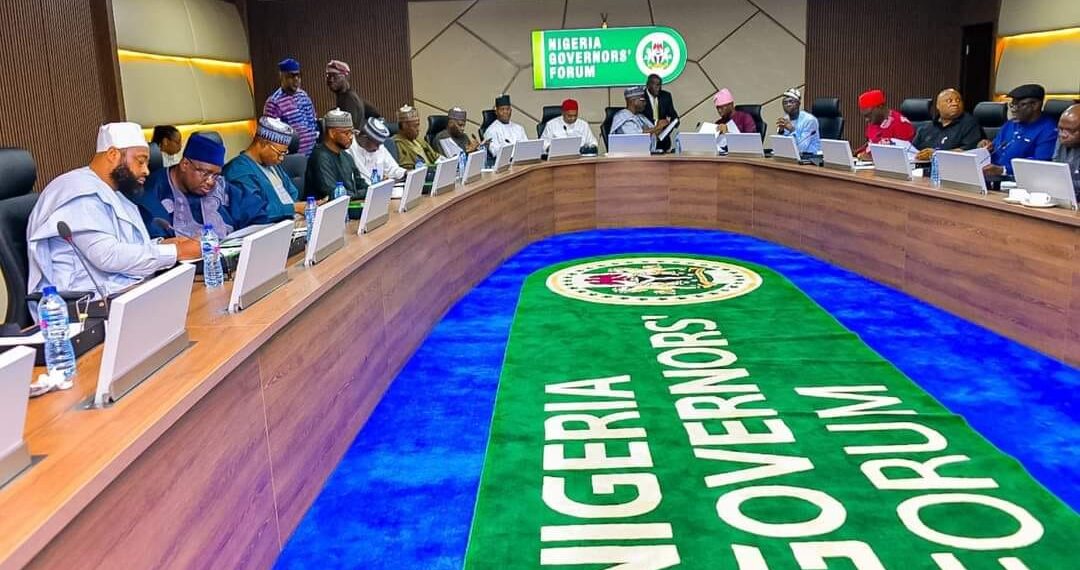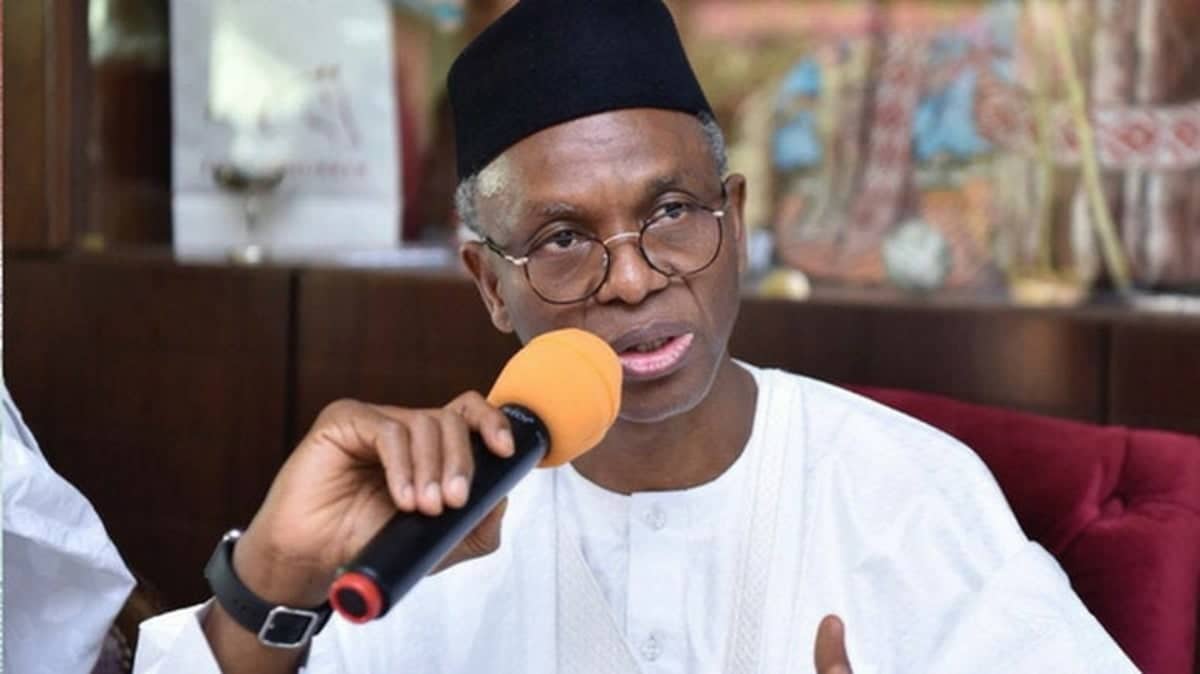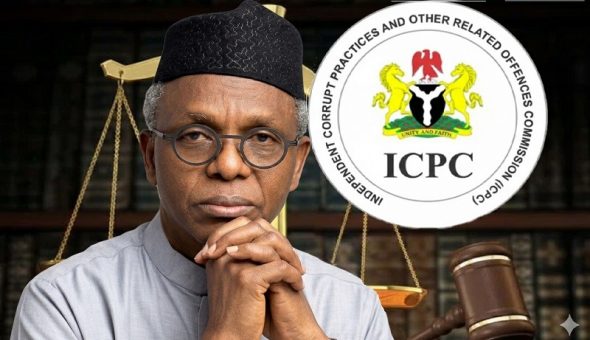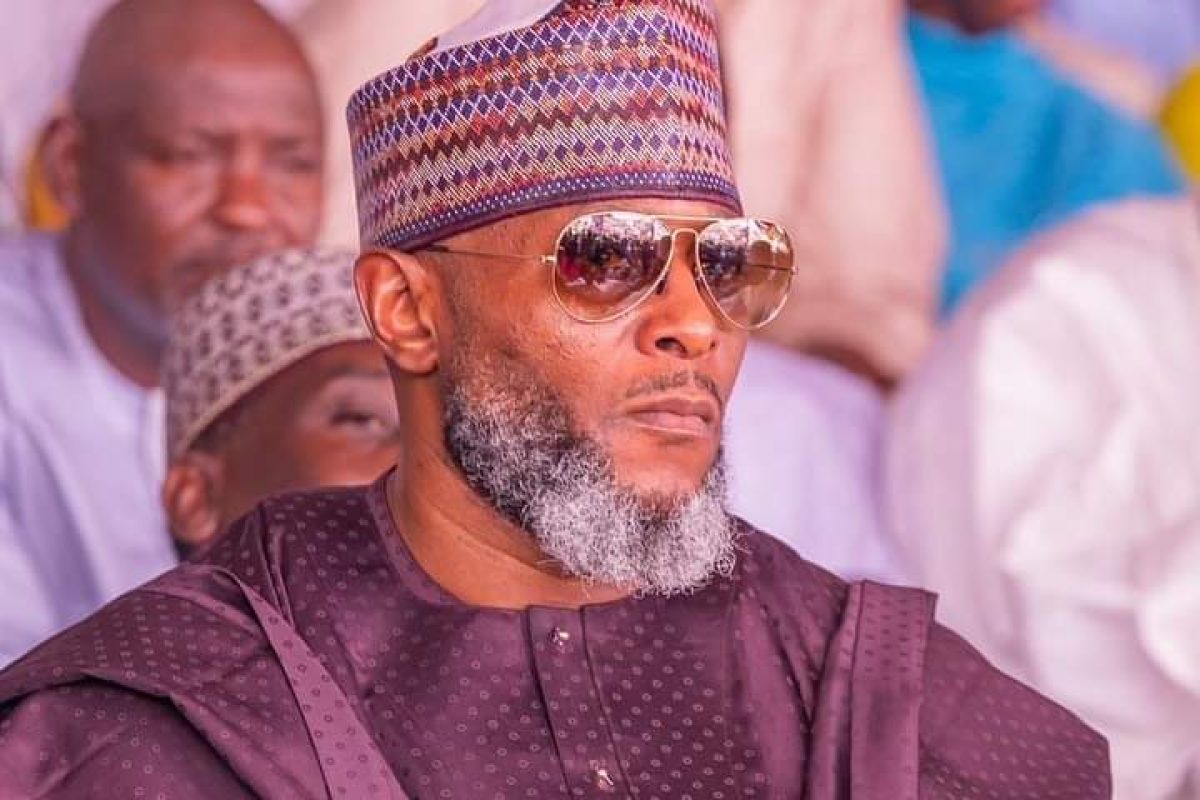Nigerian governors’ forum, LGs (ALGON) disagree over operation of sovereign wealth funds
ALGON says the NSIA has refused to consult the association on the operation of the funds.
The Association of Local Government of Nigeria (ALGON) has complained of exclusion from the operation of the Nigeria Sovereign Wealth despite owning 17.8 per cent of the National Sovereign Investment Authority (NSIA).
The association, while appearing before an ad hoc committee of the House of Representatives investigating the NSIA on Tuesday, said local governments have not been carried along in its operation.
The President of ALGON, Alabi Kolade, said the management of the NSIA had refused to consult the association on the operation of the funds.
He stated that most of the investments of the funds in healthcare and education are at the tertiary level.
“Your activities are done in secrecy to the exclusion of the local governments. And I have facts before me. They should let us have insight and speak more into what they have submitted,” he said.
NSIA ownership
The NSIA was created by an Act of the National Assembly signed into law by President Goodluck Jonathan in 2011. The federal government has 45.8 per cent of the share of NSIA while states own 38.2 per cent, local governments own 17.8% and FCT has 0.16 per cent.
In the last 10 years, the federation has invested over $1.75 billion for the NSIA to manage as an investment manager.
The NSIA has the following core funds: Stabilisation fund, future generations fund and Nigeria Infrastructure Fund.
The NSIA also has the mandate of managing third-party funds such as Presidential Infrastructure Development Funds, the FGN Stabilisation fund, the presidential fertiliser initiative and others.
‘Your projects are benefiting states’
Mr Kolade said most of the projects by the NSIA are benefiting states and the federal government while local governments are left out.
“None of this projects, to the best of our knowledge, can be seen or felt at the local government. You have spoken well about partnership with the communities but my question is how can you partner with the communities without local governments?
“They have spoken well about health delivery, but the one that is within the remit of the local government is primary healthcare. Your investment is to state government hospitals and not local government hospitals.
“You have spoken well about schools but our own jurisdiction is primary schools, but we have not seen a single school. You have talked about 13500 affordable houses but to who? Who would be the beneficiary,” he said.
He pleaded that the local government should be involved since they are a major part of the ownership of the NSIA.
Local governments are appendages of states – NGF
However, the position of the President of ALGON was challenged by a representative of the Nigeria Governors’ Forum (NGF), Shittu Lateef, who stated that NSIA had already briefed the governors “and they have no problem with the association”.
Mr Lateef, who represented the Director General of the NGF, Asishana Okauru, added that the local governments remain an appendage of the states, hence, the state governments were briefed on behalf of the local governments.
Speaking on the location of the projects, Mr Lateef said the projects are located in local governments, therefore, “ALGON cannot make the argument of beneficiaries.”
“Nigeria runs a federal system and we have two federating units in this country, the federal and the states which the constitution has made very clear. The local government is not a federating unit as of today, it could be tomorrow if the constitution is amended. But as of today, the local government is an appendage of the states,” he stated.
He added that “As far as the NGF is concerned—let me start with ownership and I think he alluded to that earlier. The states and the local governments own 54 per cent. If you look at the structure, you will see that the states and the local governments are the real owners of the NSIA because we are the majority shareholders.
“Sometimes last year, we requested the NSIA to make a presentation to the states and the minister of finance at that time led the delegation and they made a presentation. I can tell you that we are satisfied with the presentation and we have no problem whatsoever with the NSIA,” he said.
We have increased our assets by $600 million—NSIA CEO
In his presentation, the Managing Director/CEO of NSIA, Aminu Sodiq-Umar, informed the committee that the organisation has increased its assets by over $600 million in the past 10 years of operation.
He noted that the aassets ncreased from $1.760 billion to over $2.27 billion.
The Chairman of the Committee, Ademorin Kuye (APC, Lagos), raised questions on the number of investments that the NSIA made but returned losses.
Also Read: Wike moves to demolish 6000 houses in 30 Abuja settlements
Mr Umar-Sodiq said the authority has been able to manage the margin by ensuring that it makes more profits than losses.
“If you are managing a portfolio of growth investment, of course, you will have those you will lose and those you will gain. I think the point is for you to manage your volatility, and your correlation and you are substantially managing your gain to your loss. That is the nature of the investment business.”
He added that NSIA law mandates that the fund cannot afford to be short-term but to think long-term when making investments.
In the course of the session, Mr Kuye moved a motion that the committee should go into an executive session with the NSIA to discuss the authority’s strategies.













